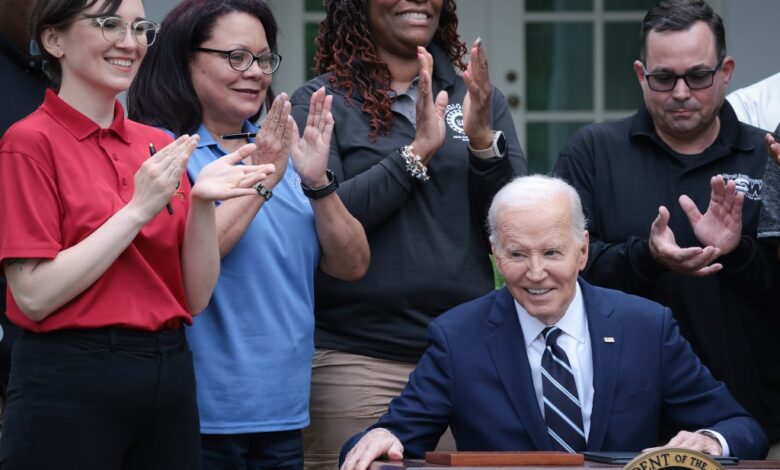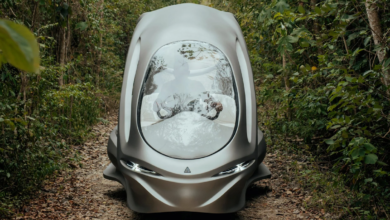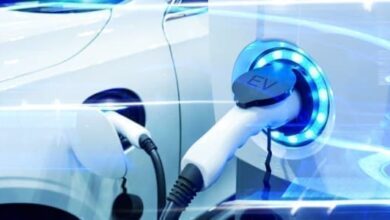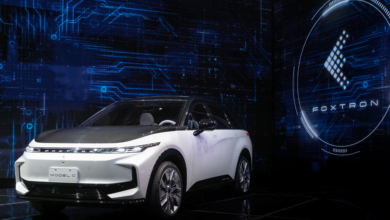Hefty electric vehicle tariffs at odds with climate goals

Last week, President Biden announced significant new tariffs on our frequent trade rival, China. Among the targeted goods were steel, aluminum and medical supplies, phasing in in stages starting this year. What caught the eye of most observers, though, were the new levies on solar cells, high-tech batteries and electric vehicles, quadrupling tariffs on Chinese EVs to 100%
It’s an election year and being seen as trying to protect American auto manufacturing might be attractive. Other countries, like China, have fewer labor and environmental protections, lower wages and heavier government subsidization; the U.S. has a hard time competing, not for lack of innovation or effort, but as a simple matter of costs. The argument goes that we need to shield our domestic industries and the workers they employ.
Nonetheless, we’re not certain that the red meat solution of just trying to shut Chinese competitors out is the right approach. High tech batteries, solar capability and electric vehicles aren’t just luxuries or nice to have, they’re crucial to a number of long-term objectives around energy use, emissions and our broader climate objectives.
What’s more important, saving the Earth or saving Detroit jobs? There’s a bit of a whiplash here of the administration emphasizing efforts to incentivize purchase of electric vehicles, including through various grant programs and tax credits, then turning around and targeting what could be the most affordable electric vehicles on the market.
This is not a minor tweak that will bump up prices in a way that can be overlooked by the American consumer. It is a tariff of 100% on imported Chinese EVs, which kneecaps the ability for these cars to gain any foothold in the United States. Frankly, we don’t know how American consumers will react to these vehicles because they’ve never really gotten a chance to establish a market here; even before these super heavy tariffs, Chinese EVs already faced a 27.5% tariff.
Current electric vehicle sales in the United States have slowed significantly in the past year or so, even with government incentives. A large part of that is cost, with industry default Tesla operating mostly on the luxury end of the market and other manufacturers not far behind. There are relatively few truly affordable electric vehicles on the market, and with costs of living rising, the average buyer is going to go for what’s affordable, i.e. an internal combustion engine vehicle which may well be manufactured outside the United States anyway.
Why not let the Chinese electric vehicles fill a niche in the market that is currently clearly not being served anyway? American manufacturing has long distinguished itself more on high-end products and quality than simply out-competing international producers on cost.
We can continue to have government subsidies and incentives towards the growth of domestic vehicle producers serving the sectors they’re already filling, while allowing some Chinese vehicles to provide an access point for consumers who would otherwise simply not buy an electric vehicle.
Similarly, a turn towards more widespread usage of solar and other clean energy requires the tools to produce and store this energy. Sometimes trade protectionism makes sense, but it must be weighed against other pressing objectives, especially as the clock ticks on our ability to head off the more dire impacts of climate change.



